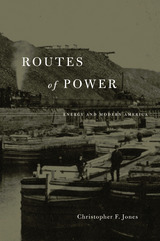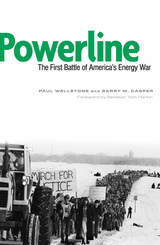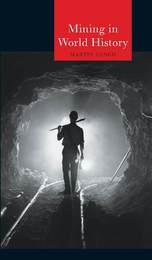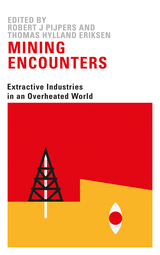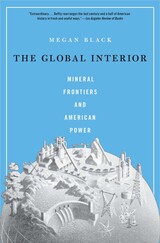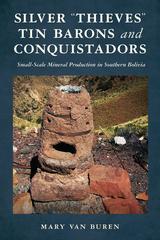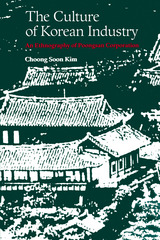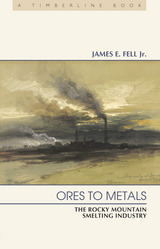Cloth: 978-0-674-29261-1
Library of Congress Classification HD9503.C59 1985
Dewey Decimal Classification 338.767097443
From its beginnings in the 1880s as a thrifty New England family enterprise, Norton Company has played an important role in the business and technological history of the United States. It came on the scene with a new product vital to the rapidly industrializing economy, man-made abrasive materials, and by World War I was among the nation's 400 largest industrial enterprises. The firm had become multinational by 1910, and by 1980 it employed over 25,000 people in 120 plants in 28 countries. This 100-year-old billion-dollar enterprise provides us with many insights into the character of the select group of five hundred or a thousand large, integrated, often multinational companies that have shaped and dominated the core industries of the American economy in the last century.
Yet Norton is intriguing as a case study because of its obvious differences from other firms during much of its existence. By World War I, most modern multinationals were publicly owned and professionally managed, but only in the last two decades, amid the challenges of diversification and decentralization, did the company evolve from a family-owned enterprise to public ownership and professional managers. Norton's history, so carefully detailed here from company records and interviews, illustrates both the continuity and change important in the evolution of large-scale business enterprise in the United States.
See other books on: Business & Economics | Cheape, Charles W. | Economics | Family Firm | Norton Company
See other titles from Harvard University Press








